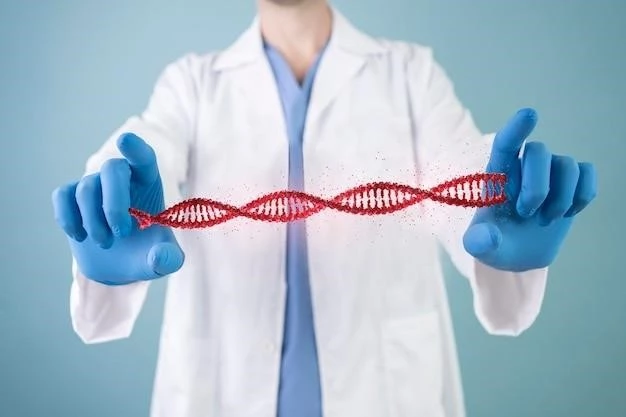Overview of Chromosome 17 Deletion Syndrome
This article provides an overview of Chromosome 17 Deletion Syndrome, covering causes, symptoms, diagnosis, treatment, prognosis, support, and research.
Genetic Causes and Inheritance Patterns of 17q23 q24 Deletion

Chromosome 17 Deletion Syndrome is caused by a deletion of genetic material on the long arm of chromosome 17. This deletion can impact the development and function of various body systems. The inheritance pattern of 17q23 q24 deletion can be sporadic, meaning it occurs randomly, or inherited from a parent with the deletion. Understanding the genetic causes and inheritance patterns is crucial in diagnosis and genetic counseling for individuals and families affected by this syndrome.
Clinical Features and Symptoms of Chromosome 17 Deletion
Individuals with Chromosome 17 Deletion Syndrome may experience a range of clinical features and symptoms, including developmental delays, intellectual disability, structural heart defects, facial dysmorphism, growth delays, and seizures. Additional symptoms can involve the nervous system, immune system, kidneys, and other organs. The variability and severity of symptoms can vary widely among affected individuals.
Diagnostic Testing and Tools for 17q23 q24 Deletion
Diagnostic testing for Chromosome 17 Deletion Syndrome may include chromosome analysis, fluorescence in situ hybridization (FISH), and microarray analysis to detect deletions in the 17q23 q24 region. Genetic counseling can help individuals and families understand the results of these tests and make informed decisions about management and care.
Treatment Strategies for Individuals with 17q23 q24 Deletion
Treatment for Chromosome 17 Deletion Syndrome focuses on managing symptoms and supporting overall health and development. It may include early intervention services, physical therapy, speech therapy, educational support, cardiac monitoring, and other specialized care based on individual needs. Multidisciplinary teams are often involved in providing comprehensive care to address the diverse challenges presented by this syndrome.
Prognosis and Long-Term Outlook for Chromosome 17 Deletion Syndrome
The prognosis for individuals with Chromosome 17 Deletion Syndrome varies depending on the specific symptoms and severity of the condition. Early intervention and ongoing support services can improve outcomes and quality of life. Regular medical monitoring and management of associated health issues are essential for promoting long-term well-being. Research continues to advance understanding and potentially enhance the prognosis for individuals with this syndrome.
Supportive Care and Resources for Patients and Families
Patients and families affected by Chromosome 17 Deletion Syndrome can benefit from a range of supportive care services and resources. This may include genetic counseling, early intervention programs, specialized medical care, educational support, parent support groups, and community organizations. Accessing these resources can help individuals navigate the challenges associated with the syndrome and improve the overall quality of life for both patients and their families.
Research Advances and Future Directions in 17q23 q24 Deletion Syndrome
Ongoing research into 17q23 q24 Deletion Syndrome aims to further understand the genetic mechanisms underlying the condition, explore potential treatment options, and improve diagnostic tools. Future directions include developing targeted therapies, enhancing early detection methods, and expanding resources for affected individuals and families. Collaboration among researchers, healthcare providers, and advocacy groups is essential to advance knowledge and support individuals with this syndrome.
